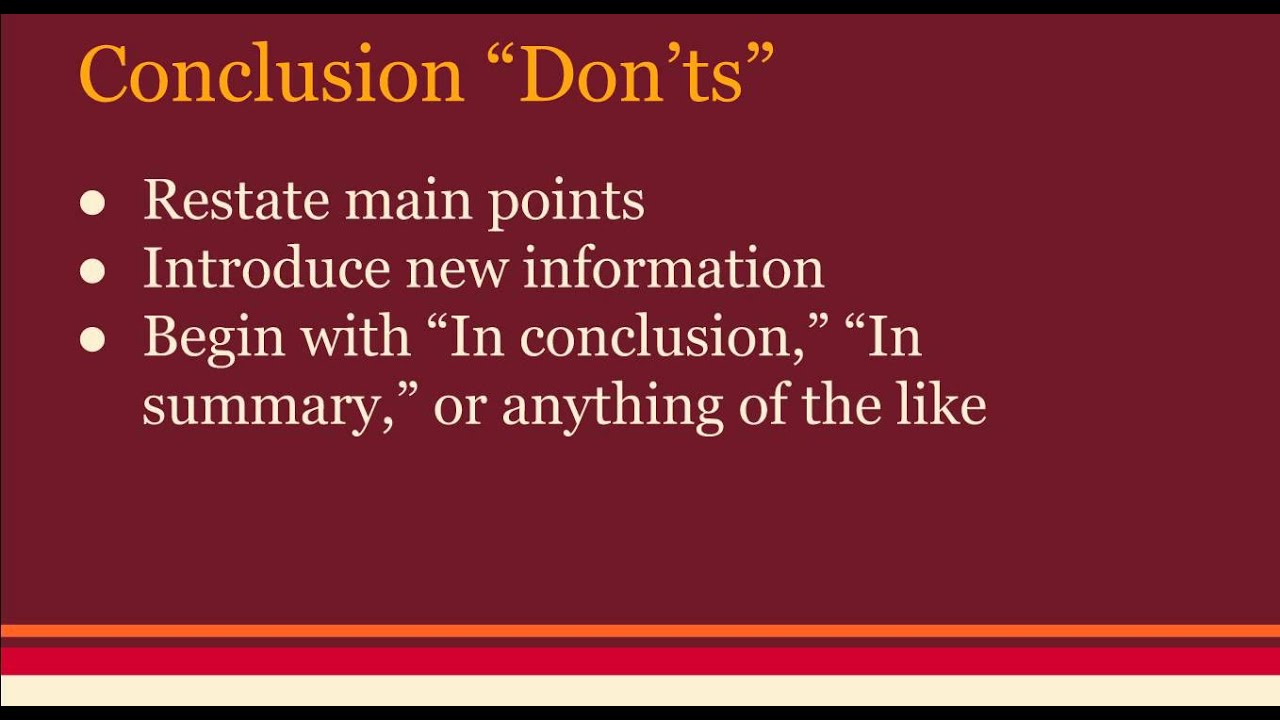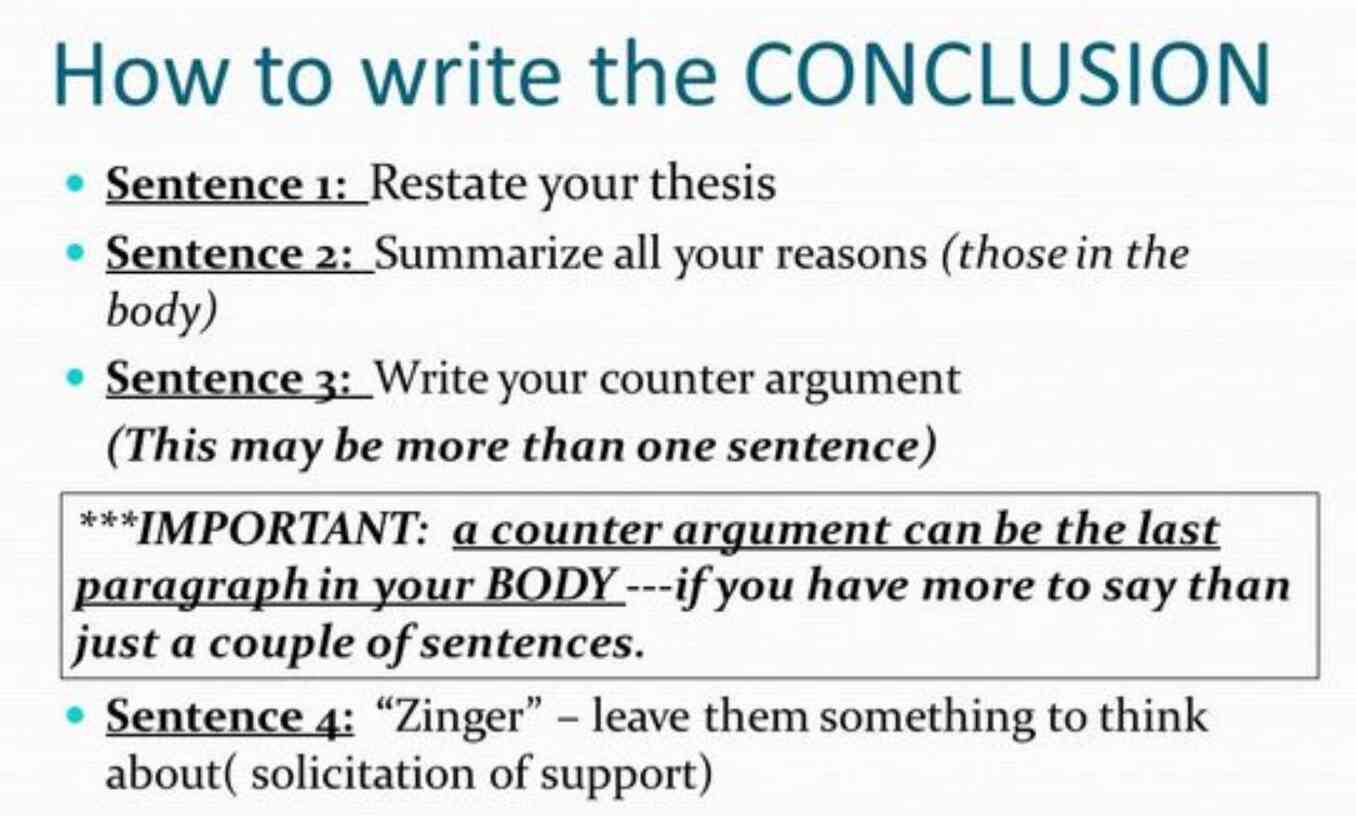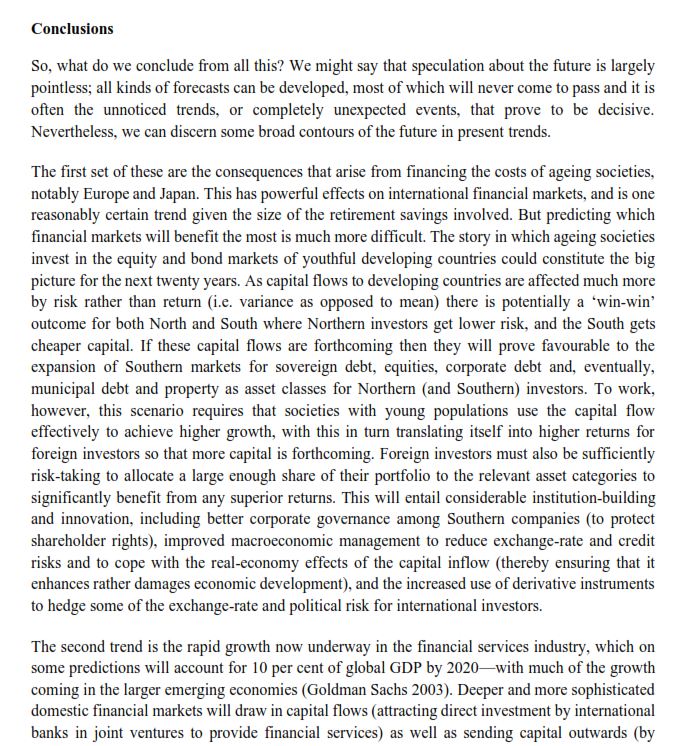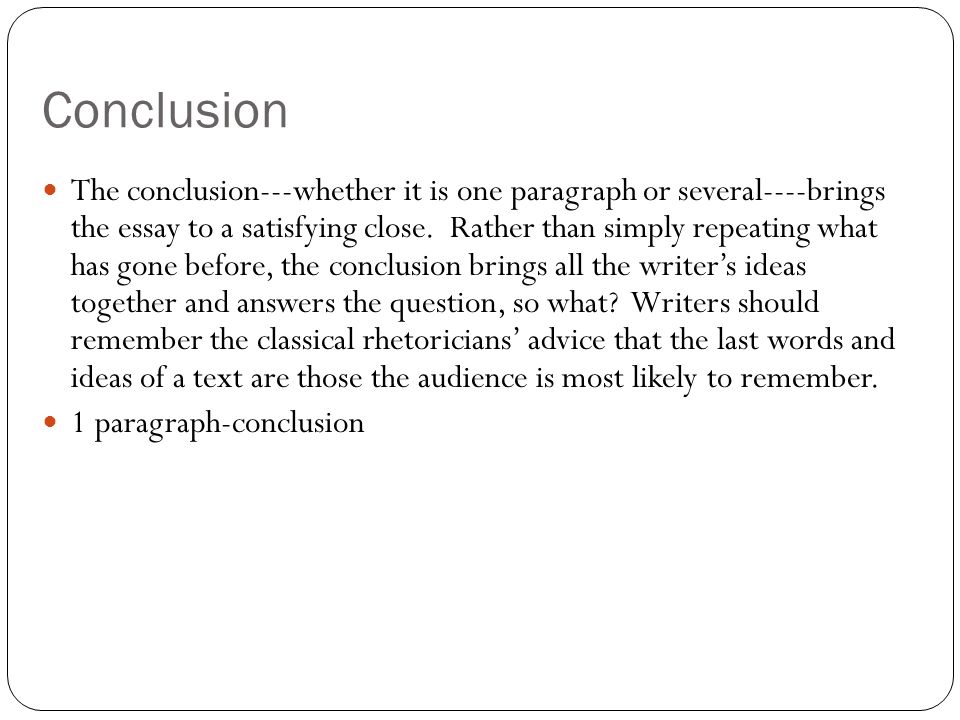Having trouble writing a conclusion for an academic paper? The best way to end your paper is to summarize the main points and contributions of your paper. The conclusion may be as short as a couple of sentences, but it is crucially important to the quality of your work. Here are some tips that will make the process of writing a conclusion easier:
Avoid making sentimental statements
Unlike the body of the paper, the conclusion of a research paper should not appeal to emotion. While it’s tempting to use a conclusion that encapsulates a personal feeling, sentimental statements should be avoided at all costs. They often undermine the logical and scientific nature of the research paper. To avoid making sentimental statements in your conclusion, follow these steps. Use examples from your research paper to illustrate the correct tone of your paper.
Restate your thesis
When it comes to academic papers, the final section must be able to restate your thesis. This means rewording your idea or paraphrasing it. The concluding part of your paper should be error and plagiarism-free. You can get assistance from a professional writer to rephrase your thesis in an effective manner. Here are some tips to remember when writing your conclusion:
Your conclusion can also be a place to include your recommendations to the reader. It should be a summary of the major points discussed in the rest of the paper. The goal is to help the reader remember the main idea of the whole paper while upholding the standard of your writing. A good way to identify a good place to restate your thesis is to write a rough draft of the paper before completing the final piece. Then, you can see where you need to restate your thesis.
Place it in a larger context
A conclusion rarely contains citations to sources. It is in the discussion section that new information should be added. Place the paper in a wider context and explain how your research contributes to the understanding of the material. Also, avoid presenting a sweeping opinion in the conclusion. Rather, explain how the paper applies to the larger field and the needs of readers. If your topic is new, make sure to describe how the paper will impact the field.
The introduction of a paper usually moves from a general field of study to a specific research problem. The conclusion, on the other hand, places the research within a larger context. Generally, it is a summary of the arguments made during the paper. It is important to emphasize the significance of the arguments you present in the body of the paper, so the conclusion should be concise.
Cite a primary or secondary source
The distinction between primary and secondary sources isn’t always clear. In some disciplines, one source may qualify as a primary source, while another may be a secondary source. A primary source, by contrast, is written about a particular event or idea. Secondary sources often provide additional information or interpretations. In some cases, secondary sources are written by an individual who isn’t directly involved in the event but has a special expertise in the subject matter.
It’s vital to cite a primary or secondary source when writing summing up an article. If the article doesn’t provide a summary of its contents, it may be a secondary source that has questionable content. In such cases, it would be inappropriate to cite the source directly. It might be better to paraphrase or summarize the information to provide a more balanced perspective.
Avoid making statements that appeal to readers’ emotions
When writing a conclusion for an academic paper, it’s best to be analytical, not emotional. While readers may be tempted to feel strongly about a topic, this tactic will only undermine the credibility of your research. For this reason, it’s better to present an argument or hypothesis and then back it up with evidence. In addition, avoid using personal anecdotes to persuade readers.
In writing a conclusion, it’s best to focus on providing closure and highlighting important points. Using sensory language and emotional appeals will reinforce your central points. Make sure your closing sentences summarize key points in a clear and concise manner, while leaving a lasting impression of importance. Often, this is the best way to wrap up an academic paper. If you can’t get this right, you’re not doing it right.




